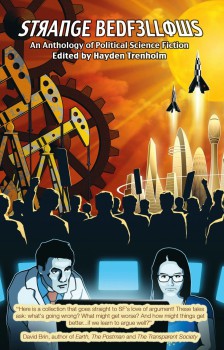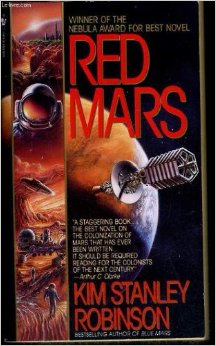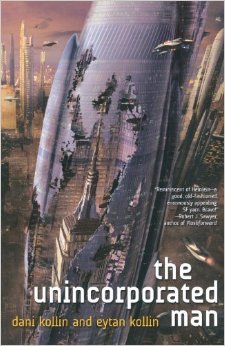Politics and Fantasy Make Strange Bedfellows
 In January, both M. Harold Page and I wrote posts about politics in fantasy literature. While we came at the topic from different points, I think we narrowed in on the same conclusion. I quote from Page’s post:
In January, both M. Harold Page and I wrote posts about politics in fantasy literature. While we came at the topic from different points, I think we narrowed in on the same conclusion. I quote from Page’s post:
Of all the genres, Fantasy must be the worst possible channel for the politically minded author. They simply can’t be heard over that clash of steel and the roar of dragons…
Really enjoyed and appreciated his post. And I do take his point – escapism is great fun and entertaining. But ultimately escape and make believe can only go so far, and at other times and places we will have other needs, other reasons to want to read. Something that touches us inside.
The reason I’m coming back to this topic, perhaps more convinced than I was before of this serious liability in fantasy, is that I’ve just read Strange Bedfellows: An Anthology of Political Science Fiction. I’d mentioned the anthology in my post as something I was looking forward to reading.
Now that I have, maybe I’m having one of those stumbling-upon-a-watch-in-the-heath moments, because, for the life of me, I can’t see how fantasy could have done even a fraction of what this anthology seems to have accomplished effortlessly. A few examples will make this clear.

